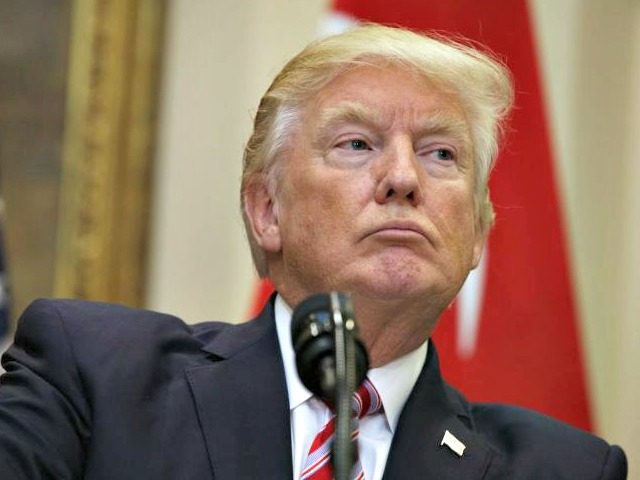
New York — Oil prices fell on Thursday but recovered from the day’s worst losses that came after U.S. President Donald Trump called for the Organization of the Petroleum Exporting Countries to boost crude output to lower prices that were heading to their best quarterly gains in a decade.
Futures hit a session low immediately following Trump’s comments, but since have rallied above pre-tweet levels.
U.S. West Texas Intermediate (WTI) crude futures were down 26 cents to $59.15 a barrel by 1:04 p.m. EDT (1704 GMT). Earlier the contract fell to $58.20.
Brent crude futures fell 31 cents to $67.52 a barrel, after earlier sinking to $66.54 in the wake of Trump’s tweet, where it was “very important that OPEC increase the flow of Oil” due to fragile world markets.
Oil prices have risen more than 25 percent this year, with WTI heading for the biggest first-quarter gains since 2002 and for both benchmarks the best quarterly gain since 2009, mainly due to moves by OPEC and allies such as Russia to cut output.
The group, known as OPEC+, agreed to cut 1.2 million barrels per day of output at the beginning of this year.
“There is some skepticism that Saudi Arabia and other oil producers will heed President Trump’s call for more output, which was the initial reaction,” said John Kilduff, a partner at Again Capital LLC in New York.
Sowing uncertainty for the OPEC-led pact, Saudi Arabia is having a hard time convincing Russia to stay much longer in the deal, and Moscow may agree only to a three-month extension, three sources familiar with the matter said.
U.S. sanctions on Venezuela and Iran have restricted those countries’ oil exports and buoyed crude prices this year.
Analysts said they expected the United States in early May to extend some sanction waivers on Iranian oil, but might reduce the number of countries receiving them.
The 180-day exemptions were granted in November to China, India, Greece, Italy, Taiwan, Japan, Turkey, and South Korea.
On top of U.S. sanctions, power blackouts this month have crippled Venezuela’s oil industry. The country’s main oil export port of Jose and four crude upgraders, needed to convert Venezuela’s heavy oil into exportable grades, were halted this week, industry sources said.
“If the unplanned supply cuts remain in place” oil prices could hit $75 dollars a barrel as inventories fall, PVM’s Tamas Varga said in a note.
Demand concerns on the back of economic jitters linked to the U.S.-Chinese trade war have capped prices.
China has pledged to further open its massive financial markets to foreign investors as senior U.S. officials arrived in Beijing for more trade talks.
*Stephanie Kelly; Shadia Nasralla, Colin Packham & Koustav Samanta; Editing: Marguerita Choy & Jan Harvey – Reuters



